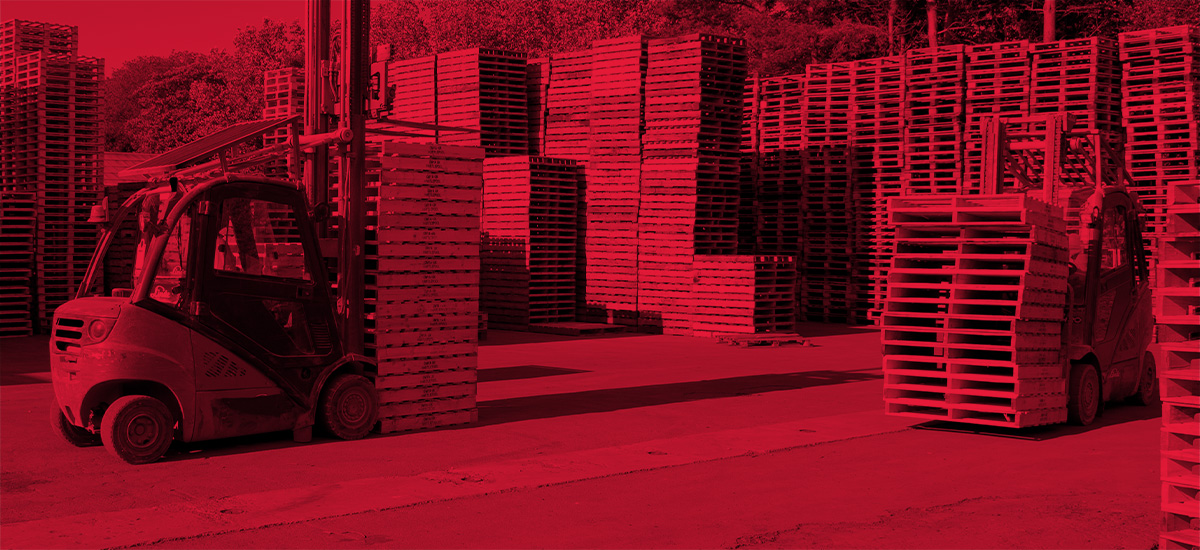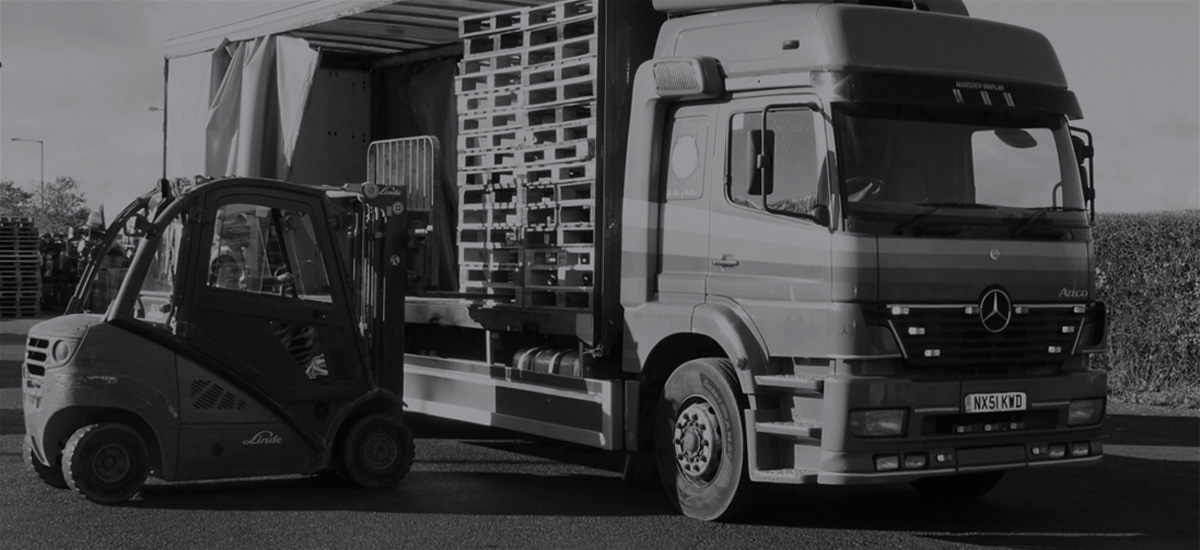Wherever possible, we like to reuse our pallets. As keen followers of the circular economy, it makes sense for us to reuse the pallets we supply until they are no longer viable.
In fact, we like to think of ourselves as a pioneer when it comes to returning used pallets back to original suppliers for reuse. The concept of pallet reuse has two key benefits. It delivers substantial cost savings compared to buying new replacement pallets and reusing existing ones reduces your environmental impact, strengthening resource efficiencies and sustainability.
With 42 million new pallets manufactured every year, and 250 million in circulation in the UK alone, wooden pallets and packaging are essential to the economy. It is therefore important to repair and reuse them to promote the circular economy, giving pallets a longer lifespan before they are recycled or turned into biomass fuel.
But sometimes, a pallet comes to the end of its useful life and, at that point, we send it for recycling – our pallets never end up in landfill.
Our wood waste is fully tracked and is either processed into woodchip for use as biomass fuel or recycled into products such as animal bedding.
We work closely with Enva, which recovers a wide range of waste materials for reuse in manufacturing and energy conversion, and last year we sent them a massive 1,895 tonnes of waste to be recycled.

Once the wood arrives at the Enva site, it is graded and then goes through a cleaning and manufacturing process. It is then recycled into the company’s environmentally friendly range of animal bedding, chipboard products or wood biomass, meaning not one bit of our pallets goes to waste.
While our preferred option is always to reuse, it’s good to know that, when recycling is the only option, we’re getting it right.
What do you think about how much we are recycling? Tweet us your thoughts at @RPS_Limited.







